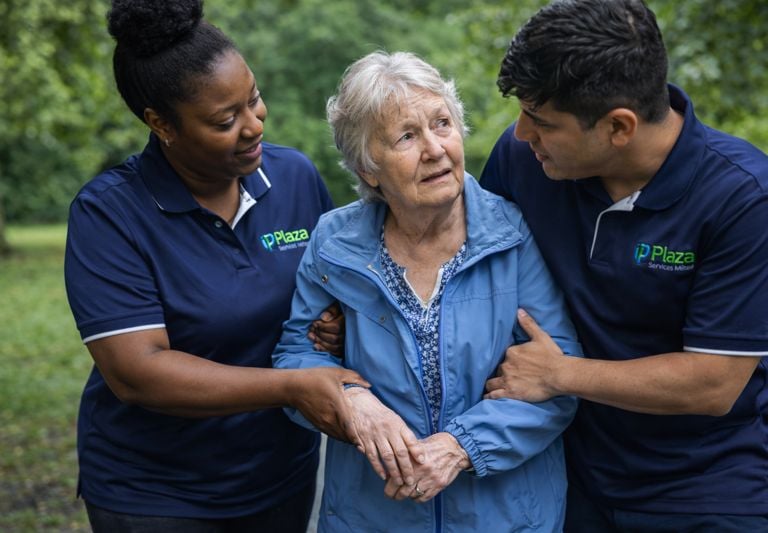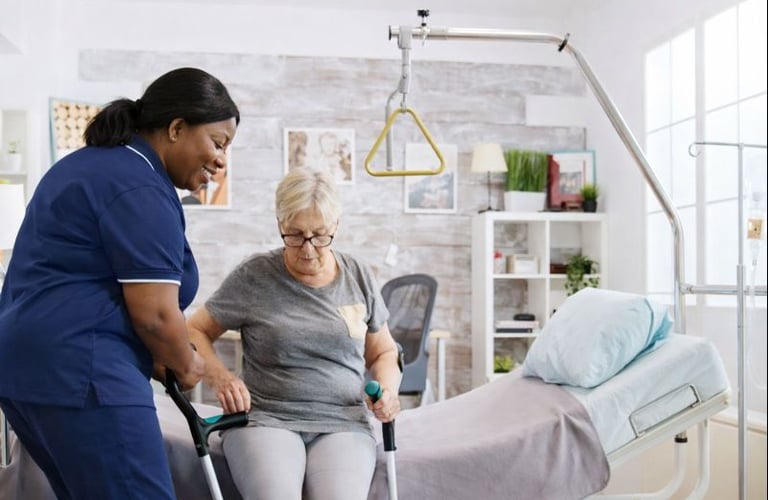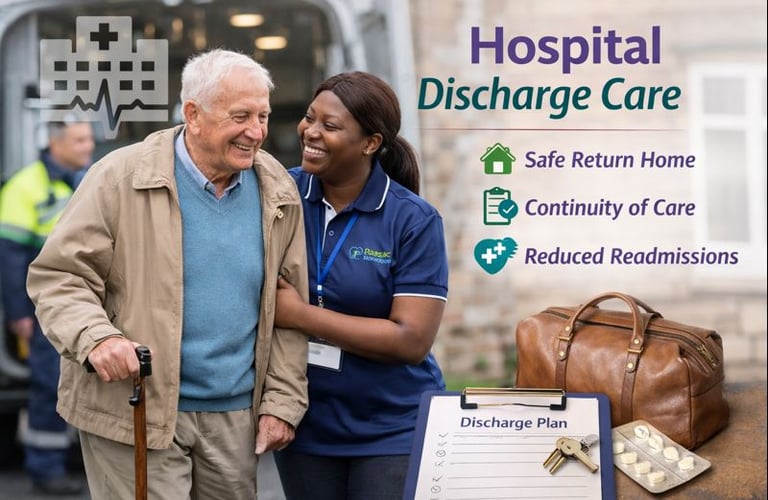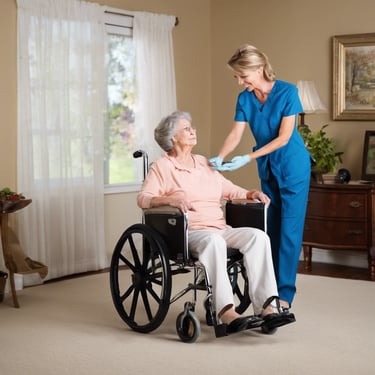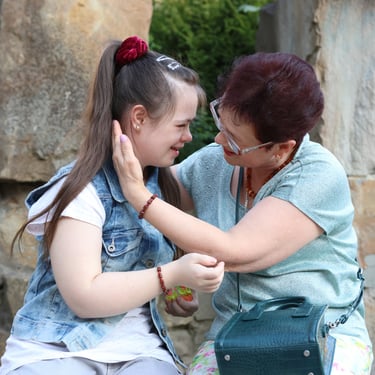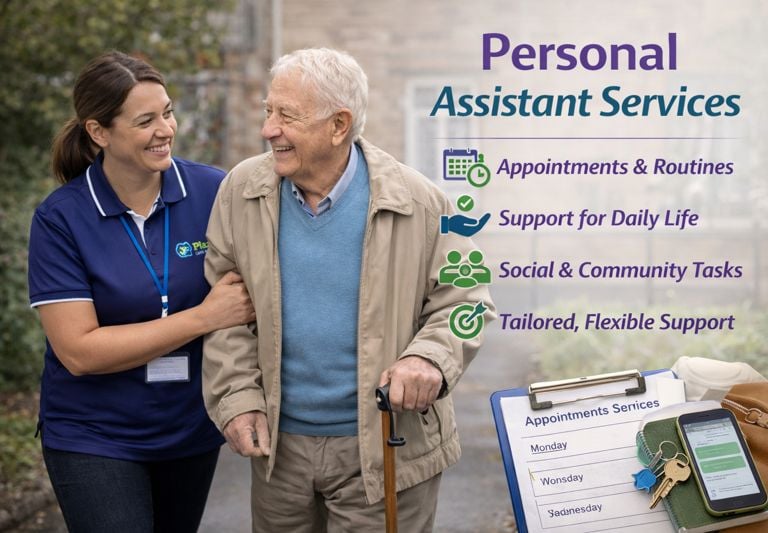1. Live-in Care
Q: What does a live-in caregiver do?
A: A live-in caregiver provides 24/7 care, staying with the client in their home to assist with daily activities such as personal care, meal preparation, medication management, and companionship. They support the client around the clock, ensuring safety and comfort.
Q: How is a live-in caregiver’s schedule managed?
A: Live-in caregivers typically work on a rotation, with regular breaks and time off. Care is arranged in shifts, so clients always have someone available, even when one caregiver is off duty.
Q: Will the caregiver need their room?
A: Live-in caregivers will require a private room to rest and sleep during their off-duty hours. This ensures they are well-rested and able to provide the best care possible.
2. Visiting Care
Q: How often can I schedule visiting care?
A: Visiting care is flexible and can be scheduled according to your needs. Whether you need daily visits, weekly visits, or multiple visits per day, we can create a schedule that works for you.
Q: What tasks can a visiting caregiver help with?
A: A visiting caregiver can assist with personal care, meal preparation, medication reminders, light housekeeping, and companionship. The specific tasks will depend on the client’s individual needs.
Q: Can visiting care be arranged on short notice?
A: Yes, we understand that needs can change suddenly. We strive to accommodate short-notice requests for visiting care whenever possible.
3. Respite Care
Q: What is respite care, and who is it for?
A: Respite care is temporary care designed to give primary caregivers a break. It’s ideal for caregivers who need time off for personal reasons, rest, or other commitments. Respite care ensures that your loved one continues to receive professional care in your absence.
Q: How long can respite care last?
A: Respite care can last anywhere from a few hours to several weeks, depending on your needs. It’s entirely flexible and can be tailored to your specific situation.
Q: Will the respite caregiver know my loved one’s needs?
A: We ensure that all caregivers are fully briefed on the client’s care plan and specific needs before starting respite care. This continuity of care is a top priority for us.
4. Personal Care
Q: What does personal care include?
A: Personal care includes assistance with activities of daily living (ADLs) such as bathing, dressing, grooming, toileting, and mobility support. It’s designed to help individuals maintain their independence and dignity.
Q: Can personal care be provided temporarily?
A: Yes, personal care can be arranged on both a short-term and long-term basis. Whether you need care after surgery or ongoing support, we can accommodate your needs.
Q: Is personal care available for people with disabilities?
A: Absolutely. Our personal care services are tailored to meet the needs of individuals with disabilities, ensuring they receive the appropriate level of support and assistance.
5. Home Care
Q: What is domiciliary care?
A: Domiciliary care, also known as home care, supports individuals who wish to stay in their homes but need assistance with daily activities. This can include personal care, meal preparation, medication management, and more.
Q: How is domiciliary care different from residential care?
A: Domiciliary care is provided in the client’s home, allowing them to stay in familiar surroundings while receiving the care they need. Residential care involves moving to a care home where they receive care in a communal living environment.
Q: How are care plans created for domiciliary care?
A: Care plans are created based on thoroughly assessing the client’s needs and preferences. We work closely with the client and their family to develop a personalised plan to provide all necessary support.
6. Overnight Care
Q: What does overnight care involve?
A: Overnight care involves a caregiver staying with the client at night to assist as needed. This can include help with bathroom visits, medication administration, or offering reassurance and companionship.
Q: Do caregivers stay awake all night during overnight care?
A: This depends on the client’s needs. We offer “sleep-in” care, where the caregiver sleeps but is on hand if needed, and “awake” care, where the caregiver stays awake throughout the night to provide continuous support.
Q: Is overnight care available for short-term needs?
A: Yes, overnight care can be arranged temporarily, such as after a hospital discharge or during periods of illness. We offer flexible scheduling to meet your needs.







